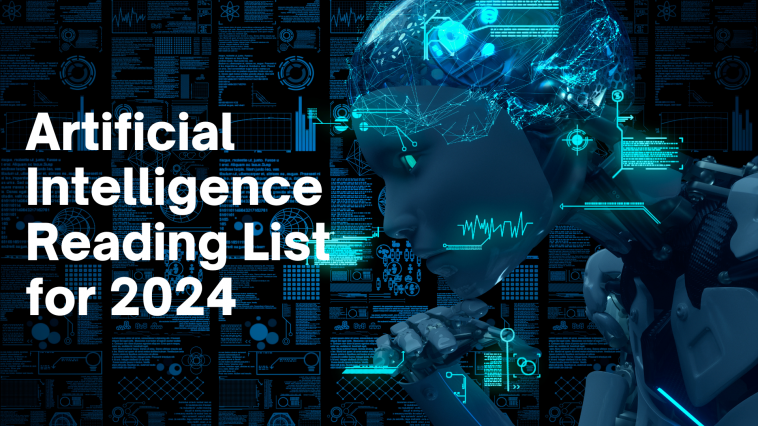We’re two months into the new year, you’re undoubtedly perusing a fresh batch of novels to include in your library. You have a tonne of self-help books in your library, but how many are on artificial intelligence?
These days, it’s crucial for anyone to learn about the current and future states of artificial intelligence (AI). Knowing the world you live in is preferable to being confused when artificial intelligence (AI) systems and other tools are used without understanding the underlying causes and effects.
I’ll go over five highly recommended books in this post so you can read up on AI in 2024.
1. Superintelligence
Author: Nick Bostrom
This classic, written by author Nick Bostrom, elaborates on how AI intelligence may surpass both human intelligence scales, meaning that there is very little difference between an idiot from the village and Einstein.
Learn about the thresholds at which AI systems can outperform one another in intelligence, and explore the author’s thoughts on the possibility of superintelligence evolving at a rapid pace. Two methods for creating superintelligent machines are discussed in this book: whole-brain simulation, in which a computer mimics the functioning of a human brain, and teaching computers to mimic human intelligence.
Link: Superintelligence: Paths, Dangers, Strategies
2. Power and Progress
Author: Simon Johnson and Daron Acemoglu
Pick up a book that explores the connection between prosperity, technology, and the advancement of society. Most people in society have been indoctrinated to believe that advances in technology bring about advancements in society. The authors of this book refute this claim by highlighting how inequality can result from technological advancements when only a select few people and businesses stand to gain.
We can support this claim because, as we have seen in recent years, certain businesses have made overnight millionaires, while lower-class families have seen both an increase in layoffs and a further decline in income.
Are people undervalued? Given human intelligence, should we allow humans to carry on doing what they do well while allowing machines to carry on doing what they do well?
Link: Power and Progress
3. Life 3.0
Author: Max Tegmark
The 3 tiers of life that have existed since the beginning of time are explored by author and machine learning researcher Max Tegmark. These tiers range from simple biological species that are incapable of changing their software to technological species that are capable of designing both their hardware and software.
Find out which group you belong to: the pro-AI movement people who think human AGI is feasible in this century, or the techno-skeptics who think AGI won’t be implemented successfully for another 100 years.
Link: Life 3.0
4. The Coming Wave
Author: Mustafa Suleyman
The co-founder of DeepMind, Mustafa Suleyman, presents one of the most recent books on artificial intelligence and highlights some of the latest developments, including robots and massive language models. Homo Technologicus, The Next Wave, State of Failure, and Through the Wave are the four sections that make up the book. The acceleration and movement of technology throughout human history are discussed in these various chapters; these movements come and go like waves and are always being improved.
Explore the various factors and motivations that propel technological advancement, including money, politics, human ego, curiosity, changing the world, and the victorious race.
Link: The Coming Wave
5. Human Compatible
Author: Stuart Russell
Co-author Stuart Russell is the author of the 3rd artificial intelligence textbook. Despite the somewhat dark title, the book is an enjoyable read that explores the significance of designing intelligent machines to solve human problems while preventing harm to humans.
The first section delves into AI in general and the reasons behind the importance of creating superintelligent machines that work with human objectives. “Success would be the biggest event in human history, and perhaps the last event in human history,” he writes in the book.
Link: Human Compatible
Conclusion:
I strongly advise you to put this on your reading list if you haven’t already. To learn more about the technologically advanced world we live in, you don’t need to be an AI or tech expert; all you need to do is make the appropriate preparations and acquire the necessary knowledge.
Please feel free to recommend any other books to the community in the space provided below for comments. Thank you!




